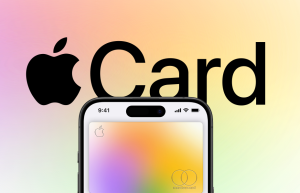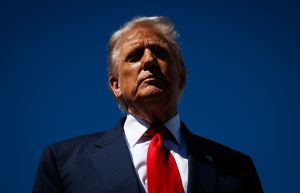Read also: preparing a $20 billion acquisition deal
The deal would merge Sprint and T-Mobile, the top three and four wireless network carrier earners in U.S which will still leave them sitting on the third spot after AT&T and Verizon. However, it would be nice to see the merger tries to overtake the top two companies.
Conversely, though their merger is close to perfection, they still have to resolve some conflicts of their own.
Top of the list are the U.S. Justice Department’s regulatory concerns. This was the same issue AT&T had gone through when it attempted to buy T-Mobile for $39 billion in 2011. Obviously, no buyout happened as the Federal Communications Commission (FCC) ruled that the merger will affect the best interest of the public as it may harm the competition.
“We feel the combination of AT&T and T-Mobile would result in tens of millions of consumers across the U.S. facing higher prices, fewer choices, and lower quality products for wireless services,” said U.S Deputy Attorney General James Cole to CNN.
Second is the wireless technologies used by the two companies. Sprint runs in a CDMA network, while T-Mobile runs on GSM and HSPA+. There is a great difference as units from one company may possible not work with the other one’s network, and contrariwise.
The third concern is the companies’ market shares. Sprint and T-Mobile is in the brink of being wiped out by AT&T and Verizon.
It is unclear how the merger will be able to defeat AT&T and Verizon especially if their combined number of subscribers is still 20 and 40 million less than the leading companies.
© 2026 HNGN, All rights reserved. Do not reproduce without permission.








